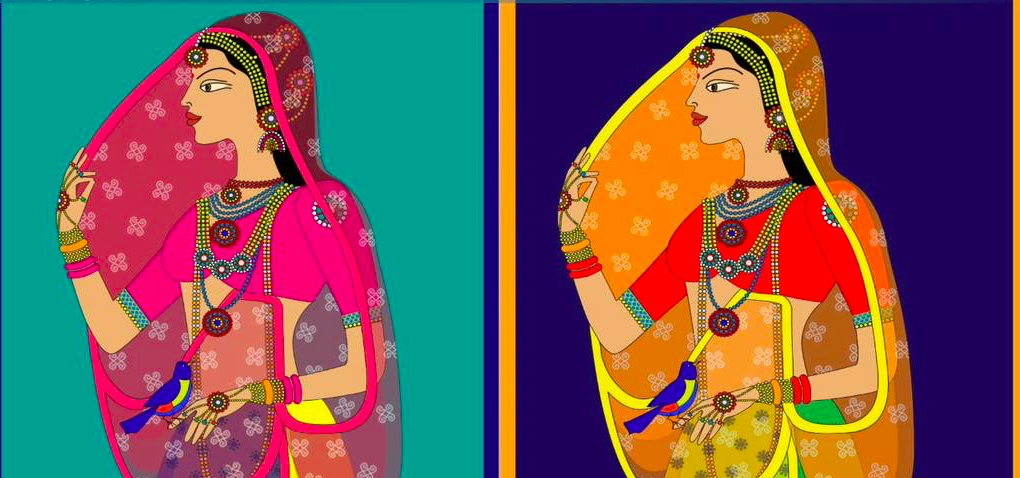Jibhabu: Female Entrepreneur of the Medieval Era
Women are an integral part of our history. Indian Independence couldn’t have been prosperous without the sheer contribution and sacrifice of the Indian women. Patriarchy has been the culture of Indian society where women were shunned because they were considered vulnerable. Decades and decades ago, there was hardly any identity of a woman, except for the few who were fortunate enough to stand on a strong base. But there were a few women, who survived immeasurable miseries and sufferings yet they chose to stand strong and fight all the stereotypical odds of the society. On this ongoing Navratri series of ChewDa, today, we have the story of such an unsung woman. She is the woman who broke all orthodox ideologies and came out strong as a Female Entrepreneur.

Jibhabu was an agricultural female entrepreneur of the 18th century. It was not easy for her to rise to the position of an entrepreneur. Jibhabu was married to Lallubhai of Baruch, Gujrat. Gujrat had been a city where women handled an indispensable portion of the family businesses. However, the credits never fell on their lap, as the male head of the families would always lead the business.
Jibhabu’s husband, Lalubhai was leading a successful family business of land revenue. The firm was prospering well with the aid and assistance of Lallubhai and Jibhabu. In such kind of business, it was important to have a thorough knowledge of the local conditions and ailments. The firm mainly was involved in extracting revenues from local landowners and thereafter paying it to the Mughal administration. Collecting taxes and extracting revenues was a prominent practice during the 18th- 19th century. Gradually when East India Company took over the Mughals and founded its reign in India, these firms started elevating taxes to the Company itself.
Although Lallubhai was a loyal and distinguished figure, in 1794, he was arrested by the Company on the charges of default in payment of debts. He suffered a lot during his span of Jail and later on passed away in 1799. It was during that period when Jibhabu, the widowed wife of Lallubhai, proclaimed herself as the head of their family business. She asked the Company to acknowledge her as the entrepreneur of their firm. She did not demand the position as the helpless and hopeless widow of Lallubhai. Instead, she believed that she was equally knowledgeable and capable of managing their business. She had learned an abundance of strategies and policies of their firm and this gave her the strength to assert herself as the deserving head.
As the firm was a family-owned business, numerous male members of the family fought and insisted on handling the post of the Karta or the head. However, Jibhabu was inferred on her determination and will power. The male members of the family were not the only ones who were against Jibhabu’s decision. It took a lot of petitioning and diligence to convince the East India Company. After several persistence, the authorities of the Company were convinced that she had equal expertise and aptitude to successfully carry on their family business of land revenues. Furthermore, she also managed to procure the estates which belonged to her husband, that the company had illegally confiscated.
During the 18th century, when women were hardly allowed to contribute to a family business or decision, Jibhabu rose against all the stereotypical odds and became an acknowledged agricultural entrepreneur of her times. She not only became a landmark in the history of India but also turned out to be a benchmark transition in the family business tradition of India. This Navratri, we salute Jibhabu, for her unconditional patience and perseverance.
Her story is hardly known to people out there, but truly it will inspire numerous women. She successfully paved the fog of patriarchy and rose like a powerful sun.
